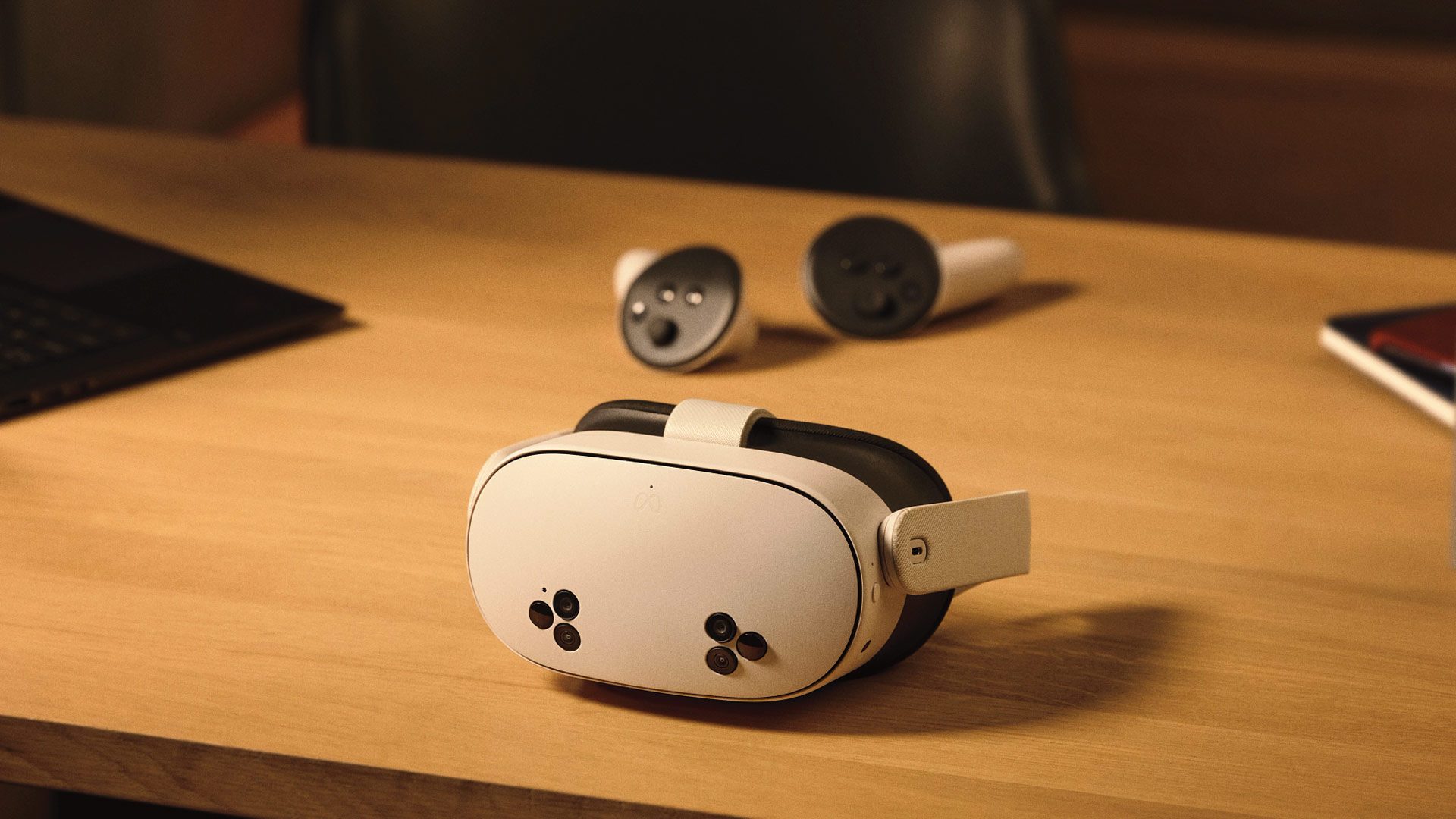Between 2019 and 2022, Meta went on a veritable shopping spree of experienced studios to help push its VR game portfolio, culminating in nine VR studios acquired to date. Here we take a look what’s happened over the past six years, including everything from recent successes to outright shutdowns.
Note: This is an updated version of this article from October 2024, as we continue to track ongoing developments of Meta’s studios.
Acquisition by Meta usually means a few things. Studios typically gets a ton of new resources, connections to beloved IP, and the sort of stability that comes with being beamed up into the Meta mothership. It can also mean they have less flexibility, as they’re beholden to maintaining the games that got them attention in the first place.
In all, Meta has acquired nine studios that have demonstrated varying post-acquisition performance—only few of which have seemed to really break the mold by offering up increasingly compelling follow-up content.
Beat Games – Known for Beat Saber, Acquired 2019
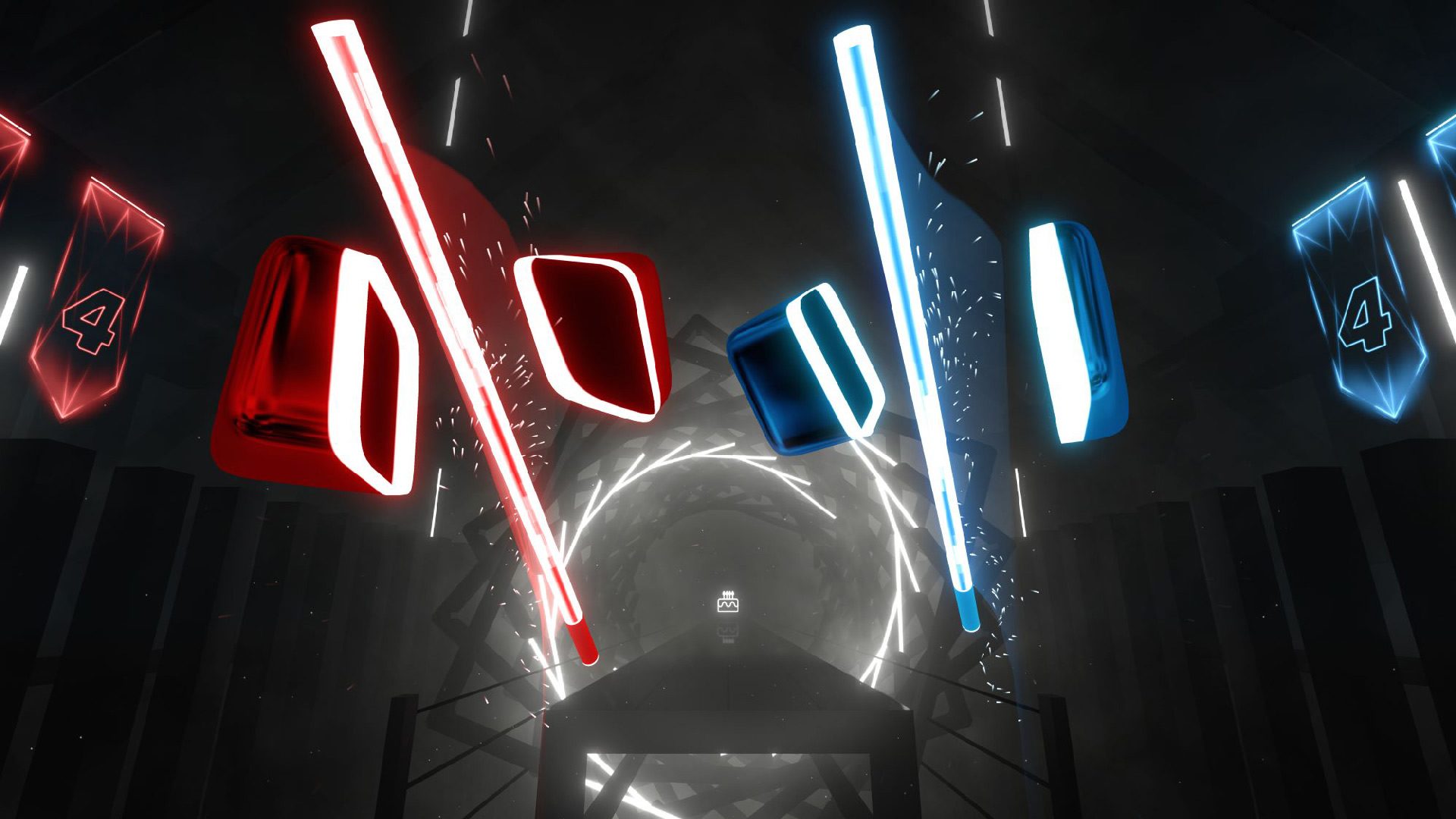
Meta acquired Beat Games in 2019 to ensure that Beat Saber would continue evolving with new features and content, while emphasizing that the studio would maintain some independence.
While the block-slashing rhythm game has seen regular updates and DLC music packs from major artists, perhaps the biggest addition to the game itself, since the acquisition, is the inclusion of multiplayer. Meanwhile, other promises have gone unfulfilled, like custom sabers and a mixed reality mode—both of which have been teased but ultimately never developed.
There’s been no fundamental changes to the core Beat Saber formula. One might think that’s because the once-innovative Beat Games had moved on to its next big project. Alas, six years later there’s still no indication that Beat Games is working on anything but keeping Beat Saber going.
Then, in June 2025, Meta announced Beat Saber was abandoning the PSVR/2 version of the game, saying it will no longer be updated, which included any new DLC or features beyond what’s already there. What’s more, PSVR multiplayer is set to be shutdown in early 2026. Amid the news, the team teased there is something in store, noting that the studio is now focusing on the “the next big leap for Beat Saber.”
Beat Saber is one of the most profitable VR games to date, having followed a pretty well-worn formula by now. Until we hear about this “big leap,” we should probably assume more of the same: widely recognized pop tracks offered as full DLC packs, or ‘Shock Drop’ singles, and not much else.
Notably, studio founders Jan Ilavsky, Jaroslav Beck, and Vladimir Hrincar have all since left the company, leaving it increasingly dependent on Meta’s direction.
Post-acquisition Grade: B–
Sanzaru Games – Known for Asgard’s Wrath, Acquired 2020
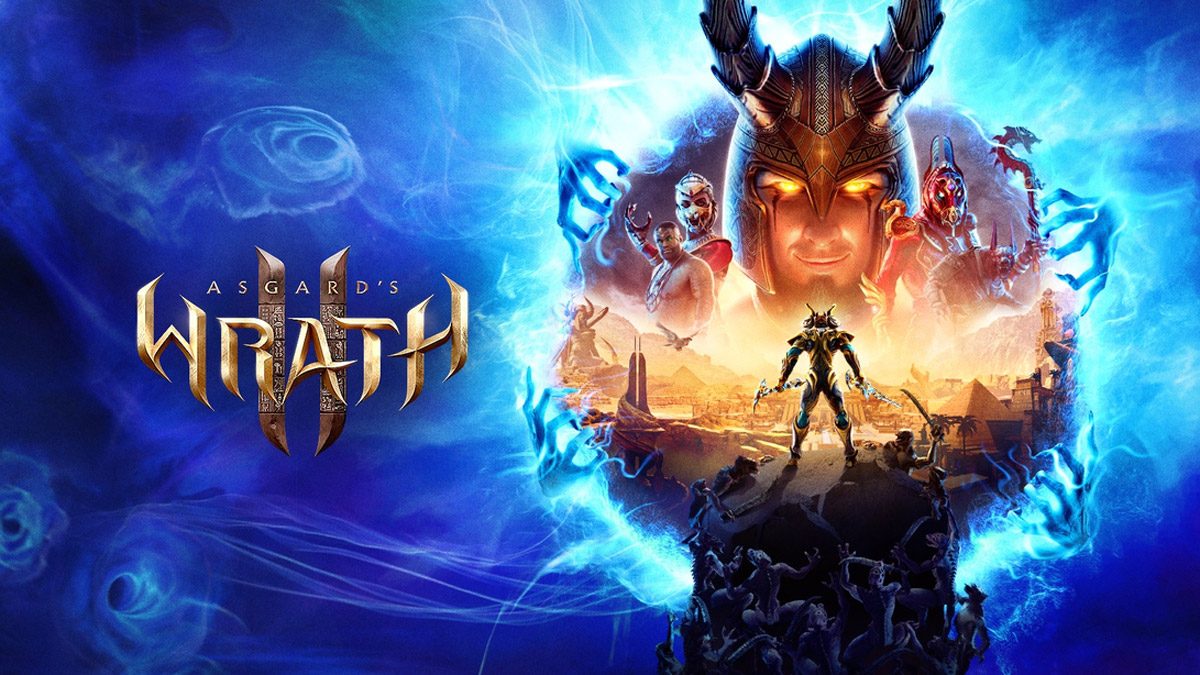
At the time of its 2020 acquisition, Meta indicated that Sanzaru would continue to develop large-scale VR titles, building off the success of Asgard’s Wrath (2019), a Rift-exclusive RPG that came out one year before the acquisition.
In 2023, the studio served up Asgard’s Wrath 2. Not only did the studio deliver a sequel, it managed to cram it within the confines of Quest 2 and Quest 3, a challenging feat compared to the much more powerful PC platform that its predecessor had shipped on.
The sequel is widely considered a benchmark for visual fidelity on Quest, nabbing the game a solid [4.2/5] user review score. But it took some serious time. It was nearly four years from the acquisition to the launch of Asgard’s Wrath 2.
What’s more, in January 2025, the studio released its final content update to Asgard’s Wrath 2, leaving it effectively on autopilot. Still, the studio says it’s working on its “next big thing,” which thus far hasn’t been revealed.
Post-acquisition Grade: B+
Ready at Dawn – Known for Lone Echo & Echo VR, Acquired 2020, Closed 2024
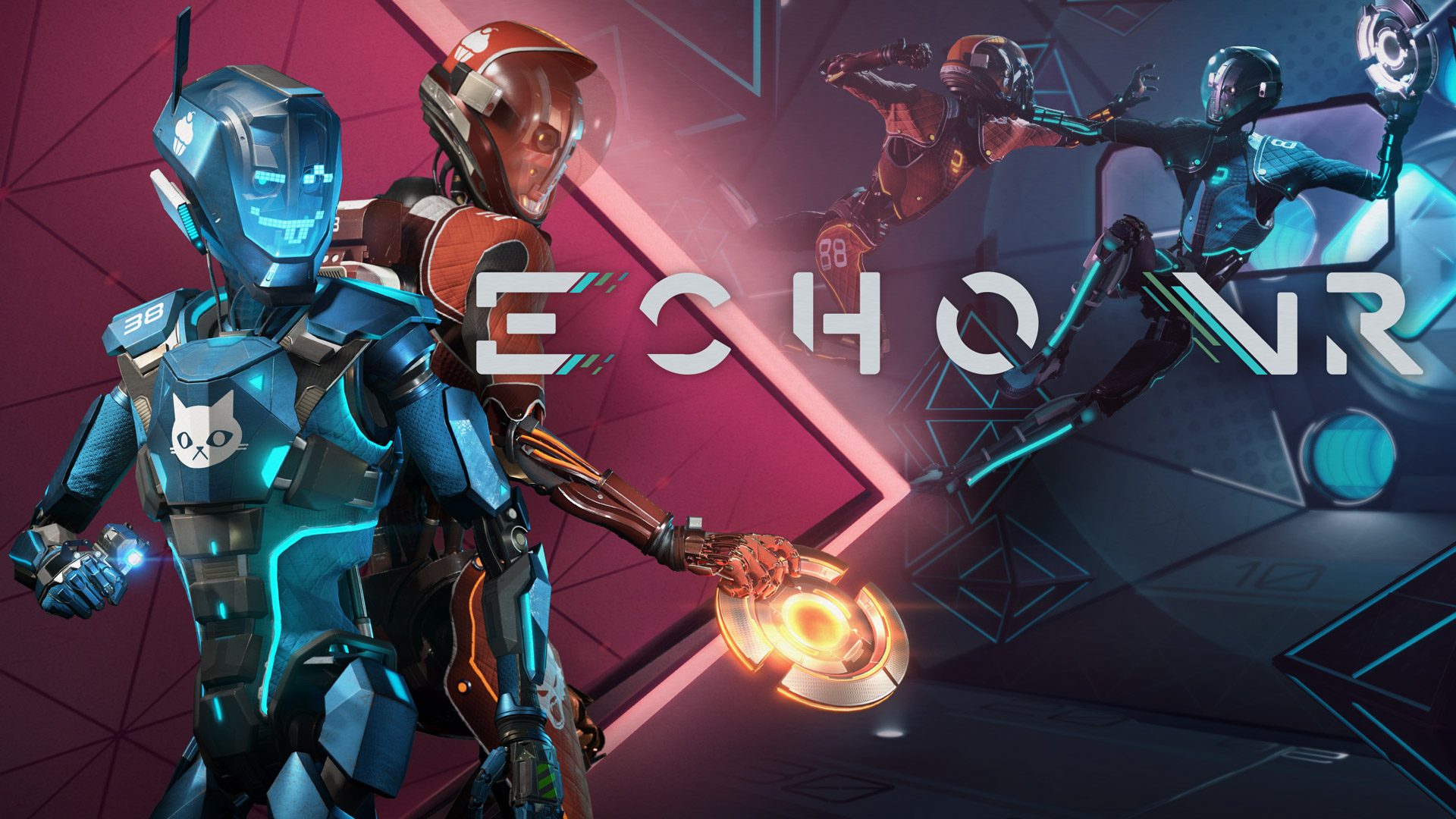
Ready at Dawn is the studio behind Lone Echo, which launched in 2017 as one of VR’s biggest and best looking games in the days before Quest. Its signature zero-G locomotion was so flexible that the studio even spun out a separate multiplayer game called Echo VR.
Eventually, development on Lone Echo II began, with announced plans to launch in 2019. But a series of delays ensued. Meta came along and acquired Ready at Dawn in 2020, seemingly willing to help the studio complete the game and build on the social success of Echo VR.
The studio did eventually release the single-player adventure Lone Echo II for Rift in 2021. And given Meta’s shifting focus from PC to Quest, it was widely expected the studio would bring the still-loved Echo VR over to the new headset.
But things didn’t work out that way. It was only three years after the acquisition that Ready at Dawn announced it was sunsetting Echo VR.
The decision rightfully disappointed fans, although the studio said it was “focusing on our next project,” which seemed promising. Then, in August 2024, Meta shut down the studio entirely. So long, and thanks for all the fish.
Post-acquisition Grade: F+ (thanks for trying)
Downpour Interactive – Known for Onward, Acquired 2021, Closed 2025
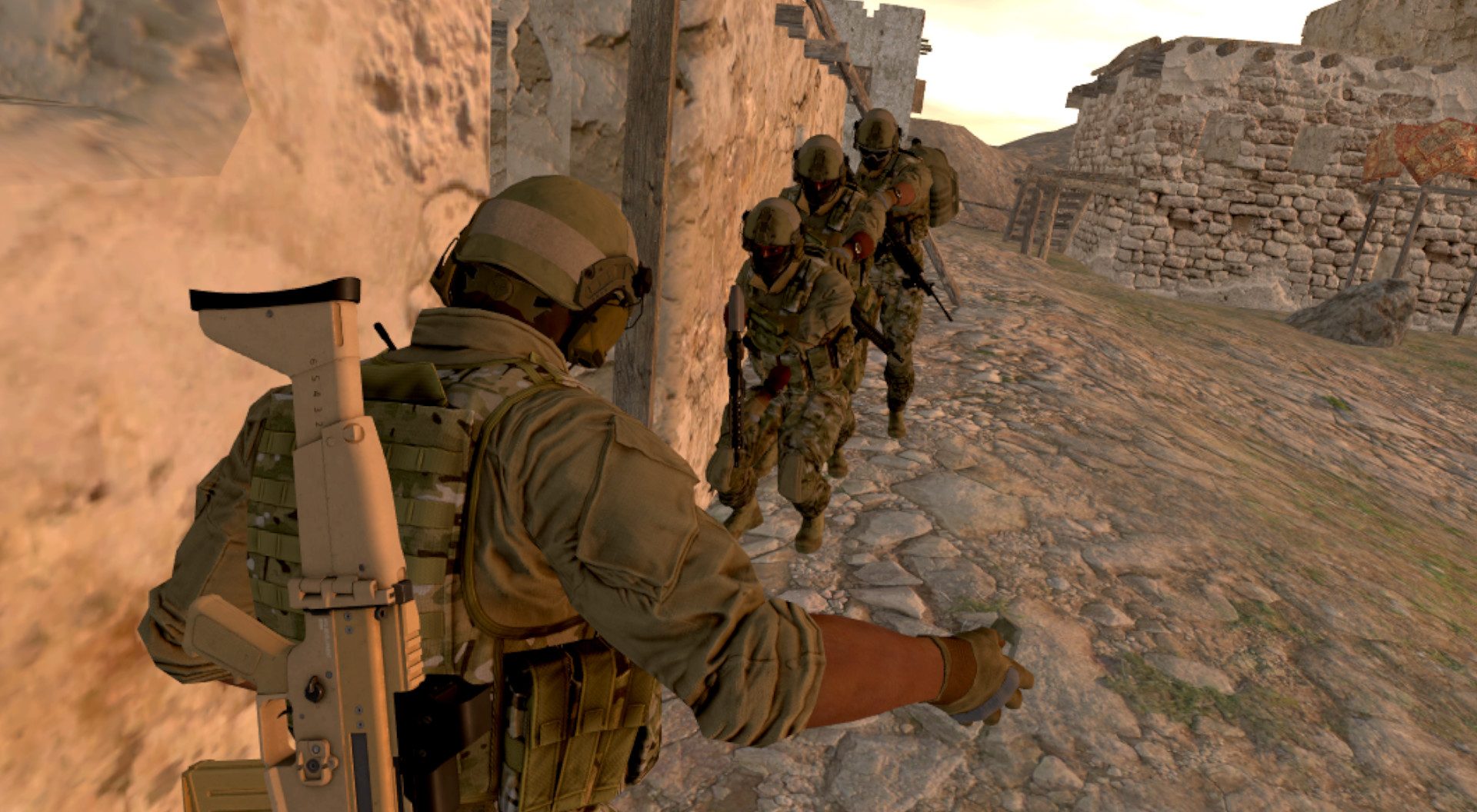
Onward was one of those early mainstays for VR mil-sim players ever since it released on Steam and Rift in 2016. With the acquisition of Downpour Interactive in 2021, Meta saw this as an opportunity to support a popular game, noting at the time it wanted to help “in growing Onward as one of the foremost multiplayer VR games.”
A year before its acquisition, Onward suffered a pretty bumpy launch on Quest, although it saw marked improvements in stability and visuals over the years, garnering the game a strong following to this day and a whopping 18,000 user reviews on Quest, putting it at a solid [4.2/5] in user ratings.
An ostensibly good game with a cult following didn’t save the team from wide-ranging layoffs in early 2023 though, which also affected sister studio Ready at Dawn. Notably, one month prior to layoffs, founder and CEO Dante Buckley left the company.
Then, in June 2025, Meta announced it was shuttering Downpour Interactive following Onward’s big 2.0 update. Remaining staff have been moved to sister studio Camouflaj. The game isn’t dead, and multiplayer servers are still up, but you can consider it officially on life support.
Post-acquisition Grade: D+
Continue on Page 2 »
,
BigBox VR – Known for Population: One, Acquired 2021
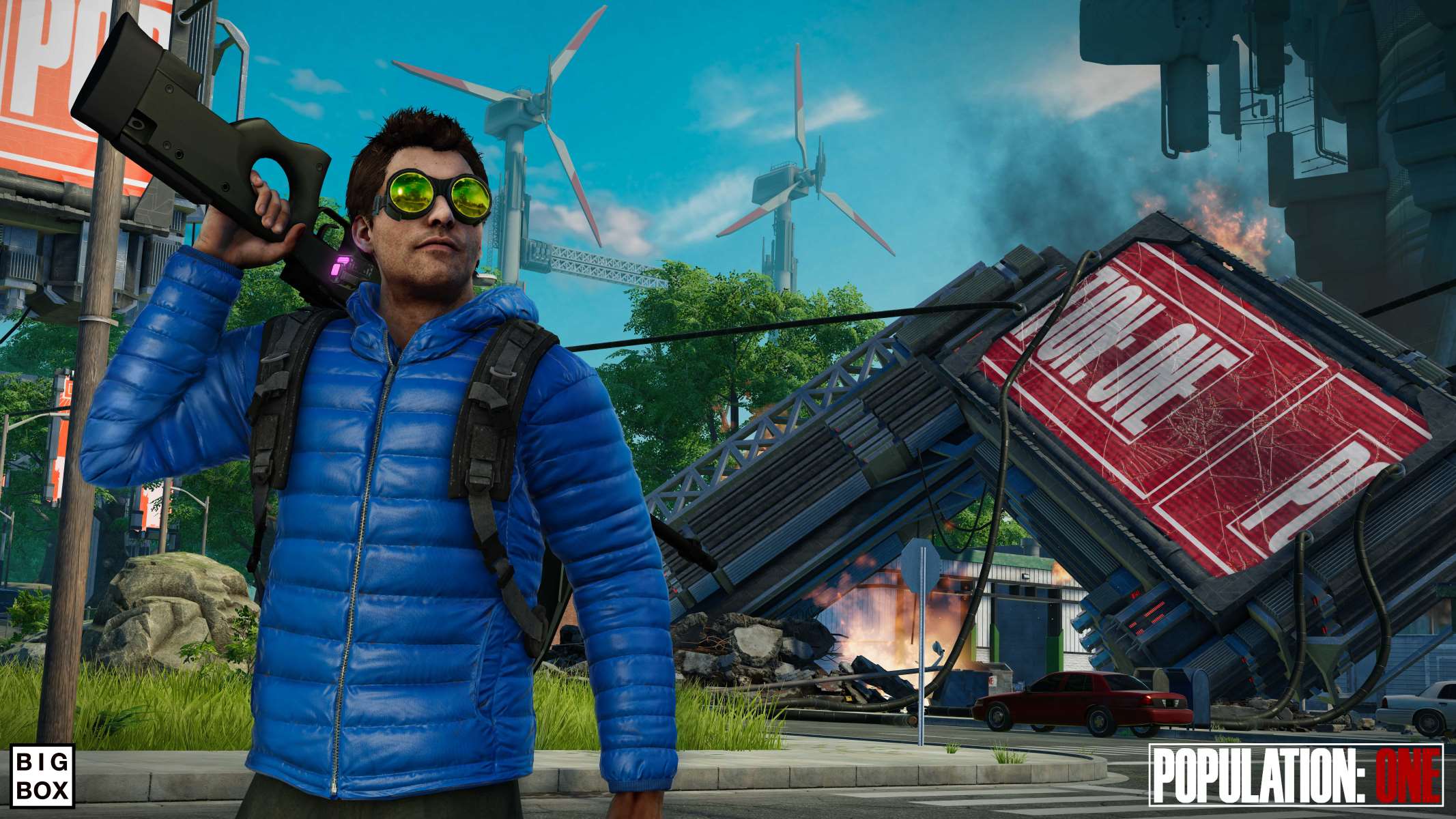
BigBox VR, developer of popular VR battle royale game Population: One (2020), was acquired by Meta in 2021. At the time, Meta said it was helping BigBox VR to “grow and accelerate their vision for POPULATION: ONE as a state-of-the-art VR social gaming experience, as well as pursue future projects.”
True to its word, Population: One has not only seen multiple expansions, including new maps, modes, and seasonal events, but it even went free-to-play in 2023, owing to the game’s popularity and extensive variety of purchasable in-game cosmetics. To this day, Population: One is still active and fresh, and remains cross-platform.
But the studio’s population of games remains just one. More than four years after the acquisition, the studio hasn’t announced any plans to work on new projects. While there isn’t a public roadmap for upcoming features to Population: One, the cadence of updates promises there is still more yet to come though.
Post-acquisition Grade: A-
Within – Known for Supernatural, Acquired 2021*

Meta announced it was acquiring the studio Within in 2021 to build on its subscription-based VR fitness app Supernatural, with the goal of growing the VR fitness market and capitalize on the “new normal” of at-home fitness following the COVID-19 pandemic.
*The acquisition hit a pretty bumpy patch though when Meta encountered legal issues shortly thereafter, with the U.S. Federal Trade Commission taking Meta to court in 2022 to formally block the deal, citing the social media company’s supposed monopoly on the VR fitness space. Acquiring Within meant Meta would control both Beat Saber and Supernatural, two of VR’s most successful fitness and fitness-adjacent titles.
In February 2023, the acquisition was eventually finalized and Supernatural continued on to offer regular content updates while remaining a major player in VR fitness. Within has largely delivered on its promise to enhance Supernatural.
The studio has added new workouts, novel ‘knee strikes’, and—most recently—multiplayer. It has also given Supernatural a mixed reality mode for Quest 3, unlike Beat Saber. But as with the other acquired studios we’ve talked about so far, there’s still no word on whether this talented studio will do anything but keep churning on Supernatural.
And it seems to be slowing down on those updates too. While the studio regularly updated the game with new content on monthly basis, its last update was in February 2025, leaving an unusually large gap in DLC. To boot, the studio hasn’t mentioned what’s next, if anything.
Post-acquisition Grade: C+ (show up to class more)
Camouflaj – Known for Iron Man VR & Batman: Arkham Shadow, Acquired 2022
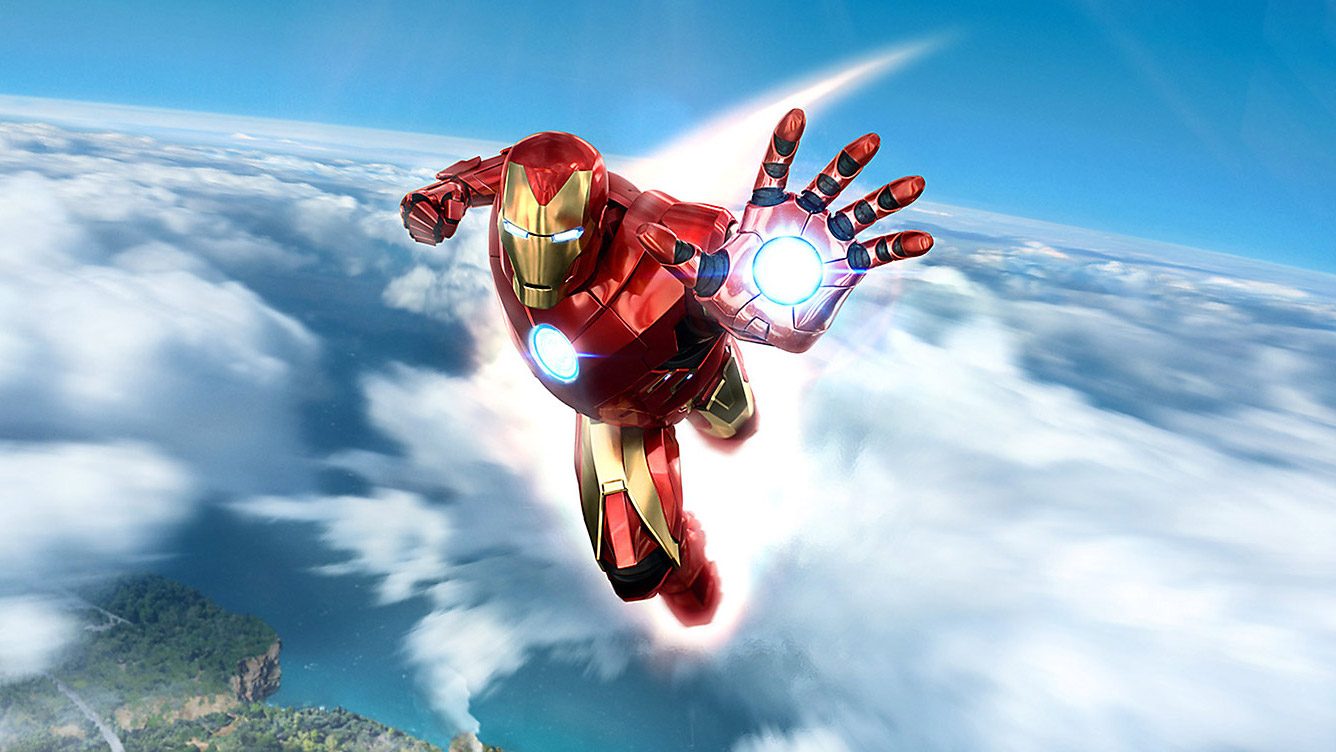
Meta acquired developer Camouflaj in 2022, which was known for the PSVR-exclusive Iron Man VR (2020). Touting the studio’s expertise in delivering high-quality immersive experiences, it was all but certain Camouflaj would bring the popular superhero game to Quest.
Since the acquisition, Camouflaj did just that, garnering the Iron Man VR port a respectable [4.4/5] user rating on the Horizon Store. With the port giving the studio a chance to get its bearing on the Quest platform, the studio set out to build a new flagship title for Quest 3, Batman: Arkham Shadow (2024).
Launched in October 2024, Batman: Arkham Shadow definitely delivered thanks to the studio’s superhero roots, having nabbed an even higher [4.6/5] user rating and a host of awards and accolades, including the Best VRAR Game of The Game Awards in 2024, and Road to VR’s 2024 Quest Game of the Year.
Camouflaj hasn’t tipped its hand at when the last update for Batman: Arkham Shadow will arrive, or what’s next on the roadmap, although it’s hard to not be impressed with such a spotless track record.
Post-acquisition Grade: A+
Twisted Pixel – Known for Wilson’s Heart, Acquired 2022
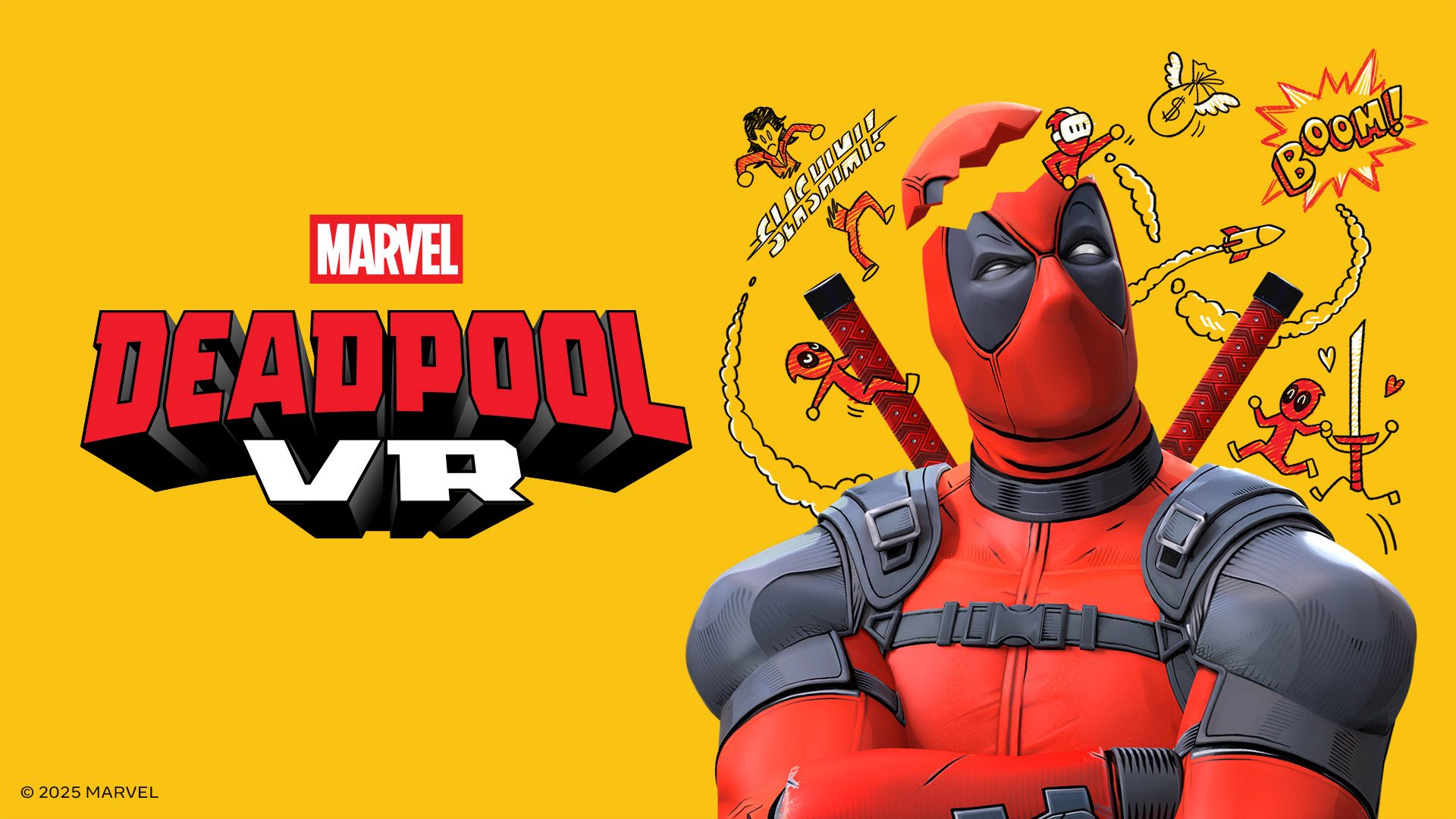 Meta acquired Twisted Pixel in 2022, a studio with significant VR experience: Wilson’s Heart (2017) and Defector (2019) on Rift, B-Team (2018) on Oculus Go, and Path of the Warrior (2019) on Quest. Unfortunately none of the titles were breakout hits as far as we know.
Meta acquired Twisted Pixel in 2022, a studio with significant VR experience: Wilson’s Heart (2017) and Defector (2019) on Rift, B-Team (2018) on Oculus Go, and Path of the Warrior (2019) on Quest. Unfortunately none of the titles were breakout hits as far as we know.
Though it wasn’t acquired until 2022, Twisted Pixel had a tight partnership with Meta even since the 2017 release of Wilson’s Heart, one the early titles for Oculus Touch. Considering the connection, the acquisition largely made sense, with Meta likely hoping to secure the studio’s ability to create narrative-heavy VR games moving forward.
In 2023, Twisted Pixel let it slip that it was building something for VR in Unreal Engine, which has been an absolute mystery up until now. But in June 2025, the studio finally broke its years-long silence with the announcement it will be releasing Deadpool VR, with Neil Patrick Harris lending his voice to “the merc with a mouth.”
When we heard Twisted Pixel was taking the lead, and not sister studio Camouflaj, it was a bit of a shock. In our initial hands-on, we noted the vibe is definitely on point, although there’s still some work do be done nailing the right feel before it releases later in 2025.
Post-acquisition Grade: B- (room for improvement)
Armature Studio – Known for Resident Evil 4 VR, Acquired 2022
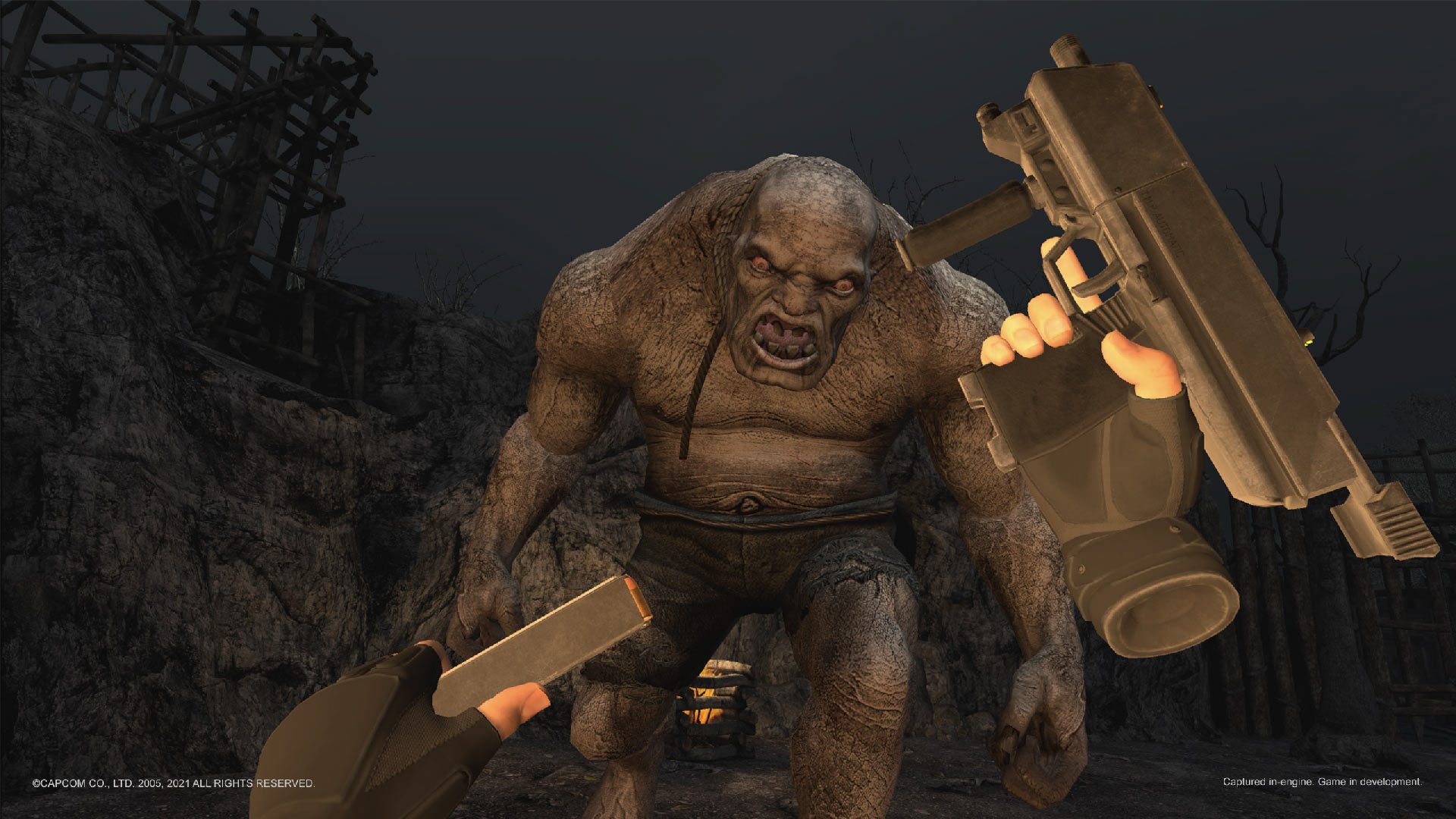
Armature Studio—which had worked on smaller VR games in years prior—was acquired in 2022 after the success of its Resident Evil 4 (2021) port to Quest 2. As a solid port and a well-known and well-loved IP, it became one of the highest-profile game releases of the Quest 2 era.
At the time of the acquisition, Meta didn’t mention specifically why it acquired Armature, but the studio’s long track record in successfully porting games to other platforms probably had something to do with it.
While Resident Evil 4 VR is basically the same game you could play on GameCube in 2005, Armature did an admirable job of overhauling the classic game for VR, which, despite some fairly dated gaming tropes, made it feel new again with the addition of high-res textures and a number of immersive, VR-native mechanics.
While impressive, Armature hasn’t released anything beyond Resident Evil 4 VR for Quest since, which was notably before the acquisition. Again, seemingly not utilizing the studio’s talent in a particularly efficient way.
Post-acquisition Grade: D+ (still hope, but the clock is ticking)
– – — – –
Only a fraction of Meta’s seven surviving studios continue to deliver content. And outside of Deadpool VR, we’re still waiting to see what’s actually next in terms of fresh games. When we graded these studios last year, we noted that Meta seemed to be slowing down, rather than speeding up its push for VR content—which sadly still seems to be the case.
With the launch of Quest 3S in October 2024, you’d expect Meta to pick up the pace in stocking the Horizon Store with even more premium content, although there may be at least one explanation why this isn’t the case.
Meta noted earlier this year that the release of Quest 3S has marked a notable shift in Quest’s userbase. On the whole, Quest users are now younger, and prefer free-to-play content, which could explain why Meta isn’t investing as heavily as before.
